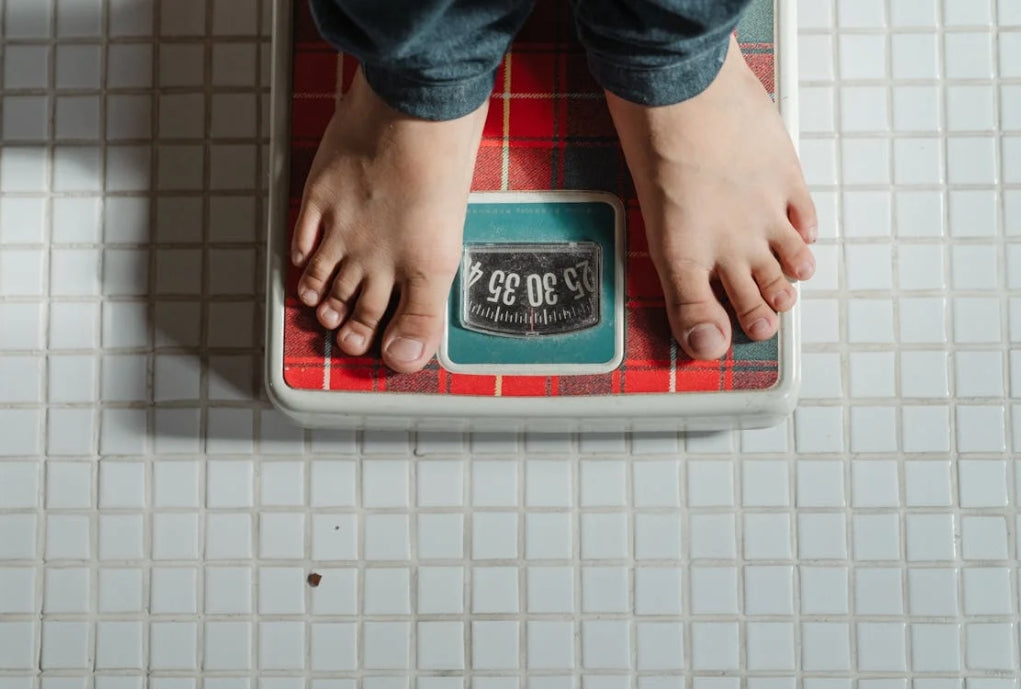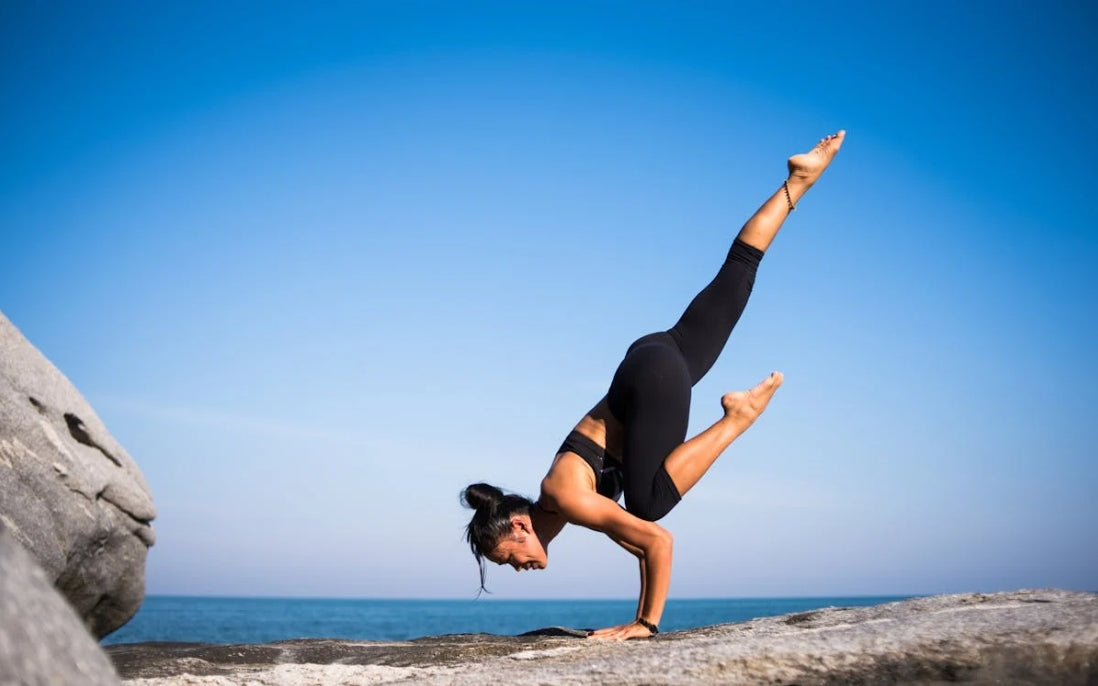Recently, one of my colleagues has caught a cold again. It's a common belief that exercise promotes health, but many people find themselves getting sick after they start working out. Isn't the idea behind fitness to boost immunity and strengthen the body? So, why does it seem to make some people more prone to falling ill? Today, K Sauce will delve into this paradox.
The phenomenon of becoming 'fragile' despite diligent exercise is indeed possible.
Let's look at some professional athlete data:
During the 2012 London Olympics, approximately 71.7 out of every 1,000 athletes fell ill due to their intense training, with infections being the most common cause.
The concept of the "J-shaped hypothesis" can explain the relationship between exercise volume and immunity:
For someone who is completely sedentary, increasing their activity level to a moderate amount can enhance immune function, leading to the optimal state of physical fitness.
However, as the intensity of exercise continues to increase, vigorous workouts can suppress the immune system, making one more susceptible to illness.
A widely accepted theory is that after prolonged or intense exercise, the body enters a temporary immune system window period.
During this time, the immune system, which usually protects you like a tightly woven fabric, opens a small window. This allows external bacteria and viruses to easily invade the body.
This window period can last from 3 to 72 hours, which means:
A single high-intensity workout may only last a few hours, but your body remains in an 'open window' state for the next 2 to 3 days, so it's crucial not to let your guard down!
However, it's important to note that not everyone will experience this phenomenon!
The suppression of immunity due to exercise can vary greatly among individuals. Some people may be at a higher risk of infection after exercise, while others may be less affected.
In summary, it's a bit of a gamble! If you're someone who tends to get sick after working out, read on to find out what you can do:
To maximize the benefits of exercise while avoiding illness, the most crucial action is to control your exercise volume; you really don't need to overdo it!
According to the fitness guidelines from the U.S. Department of Health and Human Services, adults are recommended to engage in moderate-intensity activities for a total of 150 to 300 minutes per week.
This means that if you exercise six days a week (it's not recommended to exercise seven days a week; make sure to give yourself at least one day of rest!), half an hour to an hour each day is more than enough!

If you've been experiencing frequent colds, discomfort in your throat, or general fatigue, consider reducing your exercise intensity:
Try lowering your exercise volume to 50-75% of your usual routine, and if that's not enough, take a few days off to rest.
A short break won't negate your previous efforts; instead, it can help you recover better and perform more effectively in your next workout!
Of course, to minimize the chances of falling ill, pay attention to the following points as well:
1️⃣ Ensure proper nutrition before and after your workout
Before exercising, it's beneficial to moderately supplement with vitamins and minerals, such as the B-vitamin complex, vitamin C, E, and glutamine, which can help reduce the risk of upper respiratory tract infections and the decline of immune function after exercise.
After your workout, remember to replenish quickly absorbed carbohydrates and fluids to prevent glycogen depletion, which can lead to insufficient energy supply and increased infection risk.
2️⃣ Get plenty of sleep; if you're not well-rested, skip the gym
Approximately 8 hours of high-quality sleep per night is the cornerstone of recovery and overall health. Always prioritize sleep over training!
3️⃣ Manage stress appropriately; focus on mental health as well as physical health
Studies have shown that the stress of an upcoming competition often makes athletes more susceptible to infections. Similarly, the pressures and anxieties of everyday life can impact immune function after exercise.
Incorporating stress-reduction practices into your fitness routine is essential. Activities such as walking, meditation, reading, or watching movies can all help; remember, 'fitness' and 'mental health' are inseparable.
Additionally, maintaining good hygiene, such as wearing masks, washing your hands frequently, and keeping warm, should go without saying!
Don't forget that the temporary decline in immunity after exercise is just that – temporary – and it primarily occurs in cases of overtraining. In the long run, regular, moderate exercise can enhance overall immunity and health levels.
Observe yourself closely, exercise smartly, and adjust flexibly to gradually find the best way to interact with your body.
References :
- Engebretsen L, Soligard T, Steffen K, Alonso JM, Aubry M, Budgett R, Dvorak J, Jegathesan M, Meeuwisse WH, Mountjoy M, Palmer-Green D, Vanhegan I, Renström PA. Sports injuries and illnesses during the London Summer Olympic Games 2012. Br J Sports Med. 2013 May;47(7):407-14. doi: 10.1136/bjsports-2013-092380. Epub 2013 Mar 20. PMID: 23515712.
- Nieman DC. (2003). Current Perspective on Exercise Immunology. Current Sports Medicine Reports, 2(5), 239-242.
- Simpson RJ, Campbell JP, Gleeson M, et al. (2020). Can Exercise Affect Immune Function to Increase Susceptibility to Infection? Exercise Immunology Review, 26, 8-22.
- Walsh NP, Gleeson M, Shephard RJ, et al. (2011). Position Statement. Part one: Immune function and exercise. Exercise Immunology Review, 17, 6-63.
- Nieman DC, Wentz LM. (2019). The compelling link between physical activity and the body's defense system. Journal of Sport and Health Science, 8(3), 201-217.
- Debunking the Myth of Exercise-Induced Immune Suppression: Redefining the Impact of Exercise on Immunological Health Across the Lifespan



